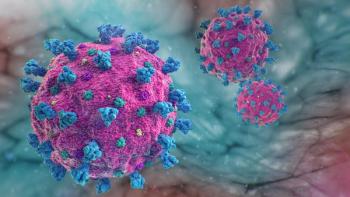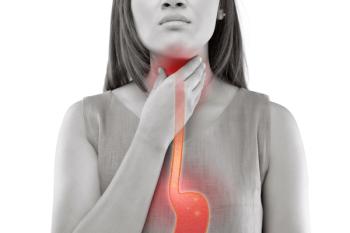
Reevaluating the Use of Guaifenesin in the Management of Acute Cough Associated With the Common Cold
Despite its popularity and its status as an FDA-approved expectorant, evidence to support guaifenesin’s efficacy is limited and conflicting.

Despite its popularity and its status as an FDA-approved expectorant, evidence to support guaifenesin’s efficacy is limited and conflicting.

Some patients affected by COVID-19 may be concerned about hyposmia (reduced ability to smell) or anosmia (loss of smell) that they experience after contracting the virus.

Pharmacists can counsel patients with GERD on strategies to address their symptoms.

Pharmacists can and must play an active role in guiding patients on the selection of laxatives which are supported by sound evidence.

All prescription drugs should have a sell-by date for consistency and patient protection.

It is that time of the year when consumers flock to their local drugstores seeking the "long-trusted" remedies for the common cold and its associated symptoms-particularly cough. In response, pharmacists will be called upon to make therapy recommendations that suit the needs of each individual patient.

The focus of medicine lies not only in searching for viable treatments and cures for existing ailments but also in the prevention of disease. Vaccination induces immunity after an antigen is introduced to the body. This antigen usually consists of a live attenuated organism, an inactivated organism, a toxoid, or parts of an organism (acellular and subunit). The antigen is incapable of resulting in the full-blown manifestation of the disease, but it is potent enough to generate the formation of antibodies to protect against future illness. Traditionally, vaccination has been used to combat the spread of infectious diseases, such as cholera, rabies, polio, measles, and hepatitis. And this is still the case.

Published: September 21st 2020 | Updated:

Published: February 11th 2008 | Updated:

Published: December 11th 2006 | Updated:

Published: February 5th 2007 | Updated: